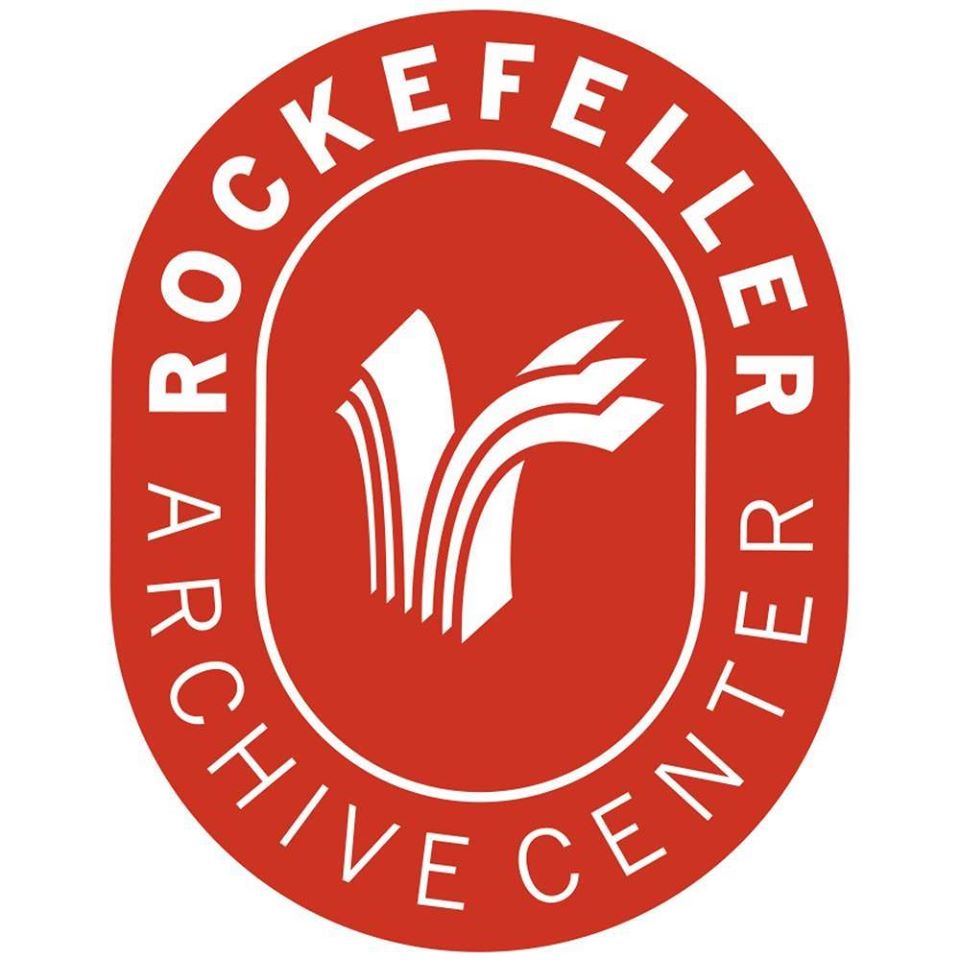Weaver, Warren
- Extent:
- 1.97 Cubic Feet 5 letter document boxes and 5 microfilm boxes (35mm)
- Biographical / historical:
-
In his nearly three decades of leadership of the natural sciences at the Rockefeller Foundation (RF), Warren Weaver contributed substantially to the mid-century revolution in biology and agricultural science. Over a lifetime dedicated to building bridges across the sciences, he also contributed significantly to mathematics, statistics, physics, computer science, and scientific associations.
Warren Weaver was born in Reedsburg, Wisconsin in 1894. He received his B.A. and Ph.D., as well as a Certificate of Engineering, from the University of Wisconsin. He served in the Army in World War I and taught mathematics at Throop College of Technology (now the California Institute of Technology) until 1920. Later that year, at the request of his mentor, physics professor Max Mason, Weaver joined the mathematics department at University of Wisconsin and chaired the department from 1928 – 1932. Together, in 1929, Mason and Weaver wrote the classic physics textbook, The Electromagnetic Field.
In 1932, Mason, now president of the RF, persuaded Weaver to lead the Foundation's programs in natural sciences. Weaver's insight and intellectual risktaking led him to focus funding on scientific endeavors at early stages of development. With support from the Foundation, he developed a new program in experimental biology. At the same time, he identified opportunities for interdisciplinary work across the biological and physical sciences that resulted in the new field of molecular biology (which Weaver named).
On leave to serve in the Air Force in World War II, Weaver organized the fire-control section of the National Defense Research Committee. A singularly important development, resulting from collaboration with Bell Telephone Laboratories, was the electrical antiaircraft device. Weaver then organized the Applied Mathematics Panel where interdisciplinary teams of mathematicians, economists and statisticians developed innovative techniques in sequential analysis and operations research.
Having returned to the RF after the war, Weaver contributed to the development and expansion of the "Green Revolution" when agriculture was added to his portfolio in 1950. RF's agriculture programs not only supported breakthrough research on new, more productive varieties of corn, wheat and rice, they also contributed to training and institutional development, elements that Weaver knew were critical for ensuring long term success.
In 1954, he became Vice President for Natural and Medical Sciences. Upon retiring from the RF five years later, he served as vice president of the Alfred P Sloan Foundation from 1959 to 1964 and trustee from 1956-1964.
Outside his foundation work, Weaver served on the genetics panel for the National Academy of Sciences, authoring a pioneering report on the biological effects of radiation. He was elected a fellow of the American Association for the Advancement of Science in 1928 and president in 1954. He was also a trustee and board chair of the Salk Institute for Biological Studies.
In 1963, his passion for probability led him to publish a book for the non-mathematical public, Lady Luck: The Theory of Probability. An aficionado of Lewis Carroll, Weaver published in 1964, Alice in Many Tongues, explaining the challenges of translating Alice in Wonderland into nearly 40 languages.
In recognition of Warren Weaver's extraordinary contributions to the Rockefeller Foundation and to the pursuit of science, in 1989, the Foundation instituted the Warren Weaver Fellows Program. The fellows have been talented individuals who, during one-year residencies, have contributed fresh perspectives on the Foundation's work in specific program areas.
Warren Weaver died in 1978 at the age of 84 in New Milford, Connecticut.
- Physical / technical requirements:
-
The archival material has been reformatted. Access to the original archival material is restricted. Digital files and user copies of the microfilm are available for access.
Contents
Access and use
- Parent restrictions:
- Each set of officers' diaries is open for research 20 years after the date of the last diary entry.
- Parent terms of access:
- Rockefeller Foundation has title, copyright, and literary rights in the collection, in so far as it holds them. Rockefeller Archive Center has authority to grant permission to cite and publish archival material from the collection.
- Location of this collection:
- Contact:

